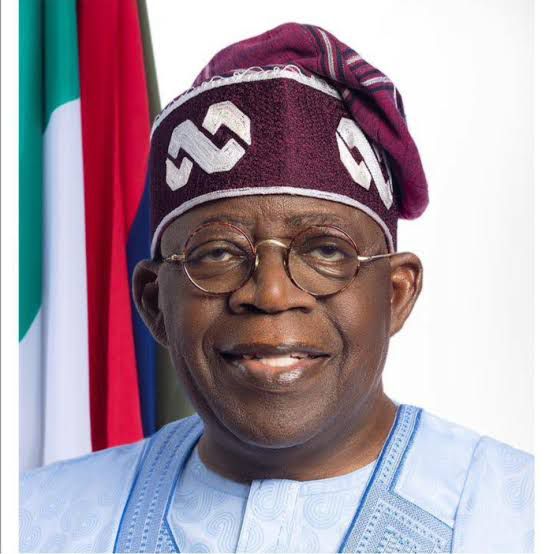
The Nigerian Association of Chambers of Commerce, Industry, Mines and Agriculture (NACCIMA) is stressing the need for the federal government to take immediate, drastic, and targeted measures to stop the decline of many Nigerians below the poverty line.
The chambers, which attributed the decrease in the purchasing power of many Nigerians to the removal of subsidies, is urging the federal government to implement measures to alleviate the impact.
In response to LEADERSHIP inquiries, Mr. Dele Kelvin Oye, the national president of NACCIMA, calls for a more business-friendly environment for the Organised Private Sector (OPS) to enhance the growth and development of the economy.
The association also highlights that the removal of fuel subsidies not only worsens the situation but may push approximately 7.1 million poor Nigerians into poverty.
Recall that the World Bank estimated that the removal of the subsidy on premium motor spirit (PMS) could place as many as 7.1 million Nigerians into poverty, unless adequate measures are provided to assist the poor and most vulnerable individuals.
Even with the implementation of cash transfers to 10 million of the most vulnerable Nigerians, the bank states that the country would still experience a net increase of 5.4 million extremely impoverished individuals due to the decision.
President Bola Tinubu, during his inauguration, discontinued PMS subsidy payments, citing the absence of provisions for the expenditure in the 2023 budget, resulting in about a 300 percent price hike.
Poor and economically insecure households also face a monthly income loss equivalent to N5,700, according to the Bank’s Nigeria Development Update (NDU) released yesterday in Abuja.
Although NACCIMA supports the removal of the subsidy as it will save the country N2 trillion, he added that “this reform provides a unique opportunity to liberate the country from the economic burden of the fuel subsidy system and embark on a path towards a more promising and prosperous future. Moreover, implementing appropriate measures will help cushion the potential negative effects of the reforms and stimulate economic growth.”
Oye urges the government to consider enhancing social protection measures to mitigate the impact of removing the subsidy on Nigerians.
Noting that prices of goods and services have already become unaffordable for ordinary Nigerians, the NACCIMA leader urges the federal government to take immediate action and fast-track palliative measures such as cash transfers, subsidies for essential goods and services, and job creation initiatives.
Asserting that the removal of the subsidy is a step in the right direction but taken at the wrong time when more people are falling below the poverty line every day, the association calls on the federal government to engage in job creation projects to alleviate the impact of the subsidy and other prevailing harsh economic realities.
“With the removal of petrol subsidy, among other reforms, the government is projected to achieve fiscal savings of approximately N2 trillion in 2023, equivalent to 0.9 percent of GDP. These savings are expected to reach over 11 trillion naira by the end of 2025. Therefore, compensatory measures from these savings will be necessary to protect the vulnerable in the economy (public, private, and individuals),” the group points out.
